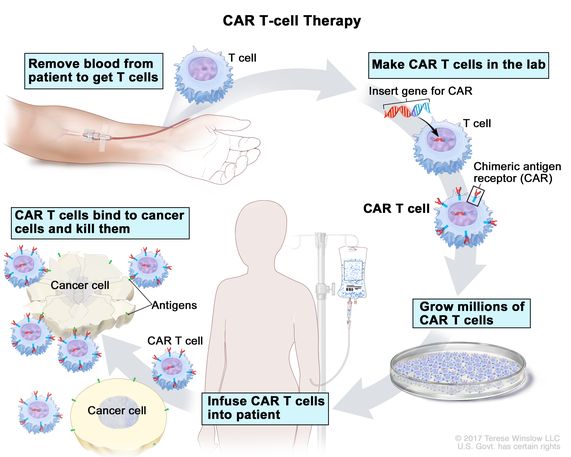Stem Cell Clinical Trials for Knees 2020 - Updates and Outcomes
Knee osteoarthritis develops when the knee cartilage lining the joints starts to deteriorate, causing pain and limiting function.
Stem cell therapy has gained popularity as a promising treatment option for knee osteoarthritis. However, there is also a lot of confusion due to the overwhelming mixing of credible scientific information and marketing hypes available on the internet.
Stem cell clinical trials for knee osteoarthritis are performed to find more cost-effective ways to treat and manage knee osteoarthritis.
Here, we have compiled and updated a few significant studies and related review to stem cell therapy for knee pain.
Stem Cell Clinical Trials for Knees 2020
Stem cell therapy has gained popularity as a promising treatment option for knee osteoarthritis. However, there is also a lot of confusion due to the overwhelming mixing of credible scientific information and marketing hypes available on the internet.
Stem cell clinical trials for knee osteoarthritis are performed to find more cost-effective ways to treat and manage knee osteoarthritis.
A serious gap in knowledge remains whether the currently used cellular treatments are beneficial in the long term and if one cell therapy outperforms another.
If you are new to stem cells, check out stem cell basics.
Here, we have compiled and updated a few significant studies and related review to stem cell therapy for knee pain.
First posted: Jan 2020
Condition: Knee osteoarthritis
Treatment: Injection of 100 million human bone marrow-derived MSCs (Catholic MASTER Cells) obtained from the Catholic Institute of Cell Therapy (CIC, Seoul, Korea).
Location: South Korea
This list is a work-in-progress list as new evidence might be added from time to time.
Stem Cell Clinical Trials for Knees 2019
Currently recruiting new patients:
Conclusion- Clinical Study of Umbilical Cord Mesenchymal Stem Cells (UC-MSC) for Treatment of Knee Osteoarthritis - Shangdong, China
- Treatment of Early Knee Osteoarthritis With Autologous Adipose-derived Mesenchymal Stem Cells - Shangdong, China
- Multi-center Trial of Stem Cell Therapy for Osteoarthritis (MILES) - United States.
Dec 2019 - A related review - Allogeneic Versus Autologous Injectable Mesenchymal Stem Cells (MSC) for Knee Osteoarthritis (OA): Review and Current Status.
The review and analysis concluded that MSC therapies in the treatment of knee OA are safe and have shown promising results but the available studies are limited. At this time, no definitive recommendations can be made regarding which MSC source to use. Allogeneic (source from different individuals) MSCs offer theoretical advantages over autologous (source from self) MSCs, especially in ease of use and consistency of product, but there are concerns regarding cell viability and vitality, as well as the body's response to non-autologous products. Future clinical trials should focus on head-to-head comparisons of MSC sources as well as the use of multiple injections for patients with knee OA.
Several other comparative studies have demonstrated good evidence in the treatment of osteoarthritis. However, there are several approaches and cell lines used. More well-designed and randomised controlled trials are needed to evaluate the best approach and universal consensus. As studies continue, the methods, forms and combinations of stem cell preparations are improving, and outcomes are expected to improve as well.




Comments
Post a Comment